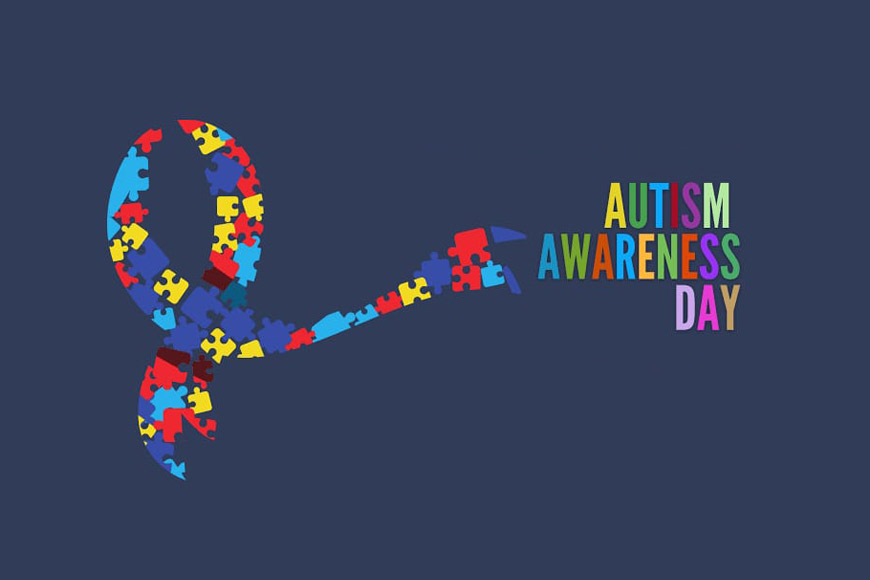Why social inclusion is critical for those with autism

In 1911, psychiatrist Eugen Bleuler coined the word ‘autism’ to describe a specific cluster of symptoms that were considered an extension of schizophrenia, manifested as an extreme form of social withdrawal. But it was not until 1980 that autism was classified as a distinct disorder after decades of research and investigation, and not until 2007 that April 2 was declared as World Autism Awareness Day by the United Nations General Assembly, to encourage member states to take action in raising awareness about people with the lifelong condition known as autism spectrum disorder (ASD).
So much for context. Given the relatively recent developments on this front, ASD has perhaps not yet gained the mass recognition required for those with ASD to be integrated into the social mainstream. The growth of organisations working for those with ASD has been slow, and the relative lack of institutional support a hindrance.
Yet another expert in the field is Dr Aditi Bandyopadhyay, a physician who is also a dance movement therapy practitioner and managing trustee of Samya Foundation, besides being mother to a child with ASD. “Several parents veer between the two extremes of complete detachment or too much involvement when it comes to children with ASD,” she says.
Nonetheless, knowledge of ASD and other developmental disabilities and their impact on society has been increasing thanks to the dedication of a few individuals, and the theme for World Autism Awareness Day this year, ‘inclusion in the workplace’, finds echoes in a lot of their efforts. Allied to this, perhaps, is the theme of living with ASD - not just for those with the disorder but for those around them. Indeed, one of the primary concerns of parents who have children with ASD is the question of what happens to those children once the parents are gone.
Amrita Roy Chowdhury, a social entrepreneur and disability and livelihood consultant, has been working in the field of developmental disabilities for a long time. As she puts it, “Working on the issue and actually living with it are two completely separate things. For complete integration, it is essential that the two come together.”
Yet another expert in the field is Dr Aditi Bandyopadhyay, a physician who is also a dance movement therapy practitioner and managing trustee of Samya Foundation, besides being mother to a child with ASD. “Several parents veer between the two extremes of complete detachment or too much involvement when it comes to children with ASD,” she says. “Striking a balance between the two is truly challenging.”
Coping with the day-to-day business of living with someone with ASD is challenging too, particularly when it comes to the principal caregivers. Some parents chose to set up small support groups for children with ASD and their parents. But someone in this position cannot see himself or herself as a “saviour”, as sometimes happens, explains Dr Bandyopadhyay. “The focus should be on viewing a child with ASD beyond the confines of the condition,” she says. In other words, as Amrita also says, don’t define a child by his or her disorder, treat them as you would treat any neurotypical child.
But it was not until 1980 that autism was classified as a distinct disorder after decades of research and investigation, and not until 2007 that April 2 was declared as World Autism Awareness Day by the United Nations General Assembly, to encourage member states to take action in raising awareness about people with the lifelong condition known as autism spectrum disorder (ASD).
On World Autism Awareness Day 2022, given that inclusion is the primary theme, why not find out more about the condition known as ASD and see what a difference you can make to the lives of people needlessly excluded from the mainstream? That would give their families the support and reassurance they need, to know that society will accommodate their loved ones even when they are gone.










